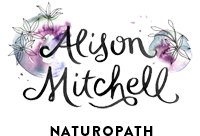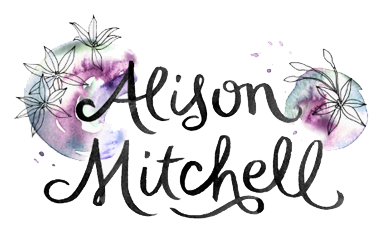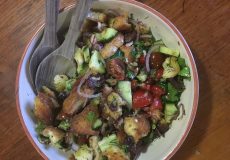Fussy eating? Fuzzy head? Think zinc.
Does your child need more zinc?
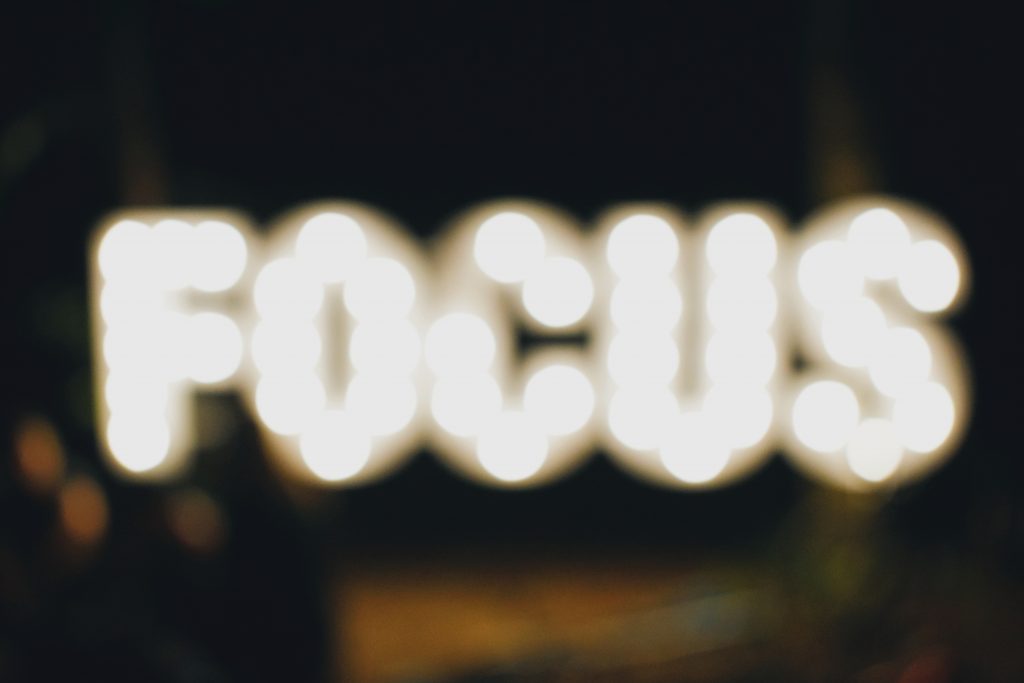
In my clinic, one of the minerals that I see a lot of kids needing more of is zinc. This mineral has a big role to play in keeping a little body healthy, however not every child is getting enough. While severe deficiency is rare, it’s thought that mild-moderate deficiency is common, one third of our population have inadequate levels.
According to WHO, zinc deficiency is responsible for approximately 16% of lower respiratory tract infections, 18% of malaria and 10% of diarrhoeal disease worldwide.
If our levels of certain minerals are not ideal this can be a factor in many health issues. For zinc, this is an important one, especially in children.
Here is a common scenario that I see in clinic:
Little Johnny, 5 years old is brought in to see me by his concerned Mummy and Daddy. From taking his case history I find that Johnny has been getting sick almost every month, he refuses to eat anything other than chicken, chips, rice and lollies and generally has a low appetite. His skin is red and irritated, his nails are peeling, he is hot headed and has difficulty focusing (less than one would expect for a 5 year old, anyway).
Have you guessed what I think Johnny needs more of? Zinc!
Zinc has a lot of functions in the body, and many of Johnny’s complaints can be attributed to these.
- It is important for taste perception. Low levels of zinc cause fussy eating, dislike of foods which aren’t strongly sweet or salty, and causes a low appetite overall.
- Alongside Vitamin B6, zinc aids in hydrochloric acid production in the stomach which helps with digesting protein and carbohydrates. Low zinc can contribute to low appetite.
- It is important for healthy stress response. Low zinc = more reactive to stress and emotional triggers.
- Zinc has an anti-inflammatory action.
- Zinc is important for wound healing, for collagen production in the skin, and for healthy skin, nails and hair. Eczema, peeling nails, poor wound healing and other skin issues can all be due to insufficient zinc.
- It is important for the immune system.
- Low levels of iron and zinc have been associated with memory deficits in children.
In addition to these Zinc is also involved in balancing blood sugar levels, it influences behaviour and learning, prevents oxidative stress and helps with development of reproductive system.
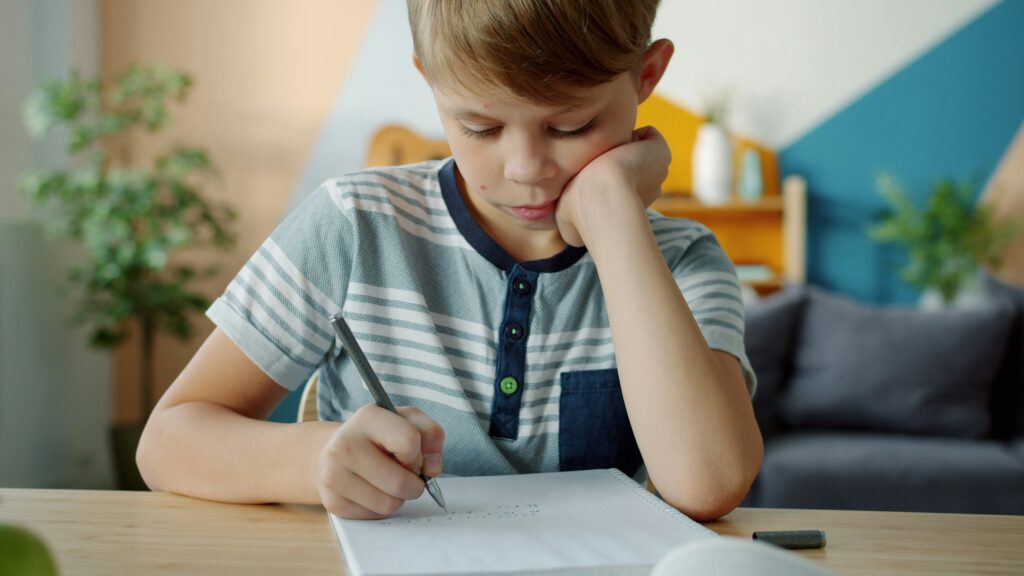
Photo by Vitaly Gariev on Unsplash
Why are kids so low in zinc?
One possibility is because the foods that we introduce to infants are low in zinc and can also cause the stores of zinc to be depleted. One study proposed that the high intake of cereals as first foods may contribute to the prevalence of iron and zinc deficiency, possibly due to the binding effect that processed grains can have on minerals, something that young children are more susceptible to.
Poor gut health can affect the absorption of minerals and if there are digestive issues, this may play a part.
The other issue is that the standard Australian diet is not abundant in minerals generally, and we know that 1/3 of the population is low in zinc. We cannot store this mineral and so need to eat it regularly, so when both adults and children are not eating enough zinc rich foods, it makes sense that we are seeing deficiencies.
See also: Pyrolle Disorder
How much zinc do we need?
The RDA (recommended daily allowance) for zinc in 1-8 year olds is 3-4mg/day.
Having a few foods rich in zinc throughout the day can help to keep levels up. For kids with a deficiency or those with Pyrolle disorder, consider supplementation. If you think your child would benefit from supplementation, book a consultation with a naturopath or nutritionist to get advise on the best forms of zinc, dosage, and to assess reasons why your child might be low.
Foods rich in zinc
- Oysters
- Ginger
- Beef, lamb, poultry, pork, liver
- Egg yolks
- Milk products
- Fish and seafood
- Whole grains, wheat germ
- Lentils, Chickpeas and Beans
- Nuts
- Pumpkin seeds
- Peas, carrots, beets, cabbage
Click here for a Kid friendly Zinc Rich Recipe.
This article first appeared on Western Sydney Mum’s Hub
